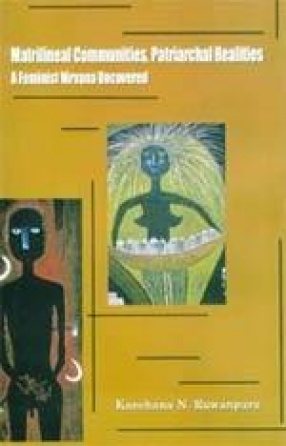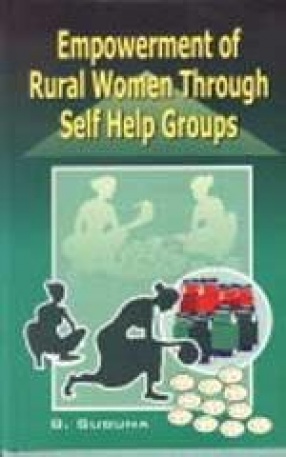In rejecting falsely homogenizing accounts of women’s lives, feminist economists have, in recent years, unlocked the multiple ways in which gendered relations of dominance and subordination are maintained. One of the key differences they have turned their attention to is ethnicity. This study of Muslim, Sinhala and Tamil Households, in Sri Lanka examines both the commonality of patriarchal structures and economic problems in such households, as well as the differences created by the ethnicities that divide them. The author looks at the nature and reliability of kinship support for female heads and the reciprocal obligations in terms of female propriety and conventional conduct extracted from female heads. She questions development policies premise on the patriarchal household and argues for a recognition of diversity and complexity.
Matrilineal Communities, Patriarchal Realities: A Feminist Nirvana Uncovered
In stock
Free & Quick Delivery Worldwide
reviews
Bibliographic information
Title
Matrilineal Communities, Patriarchal Realities: A Feminist Nirvana Uncovered
Author
Edition
1st ed.
Publisher
ISBN
8189013041
Length
xiv+242p., Tables; Maps; Appendices; References; 23cm.
Subjects





There are no reviews yet.